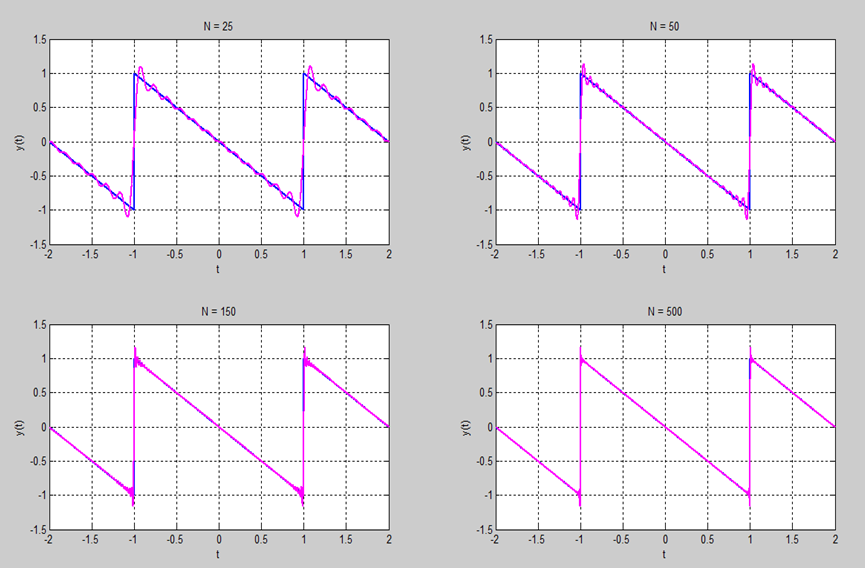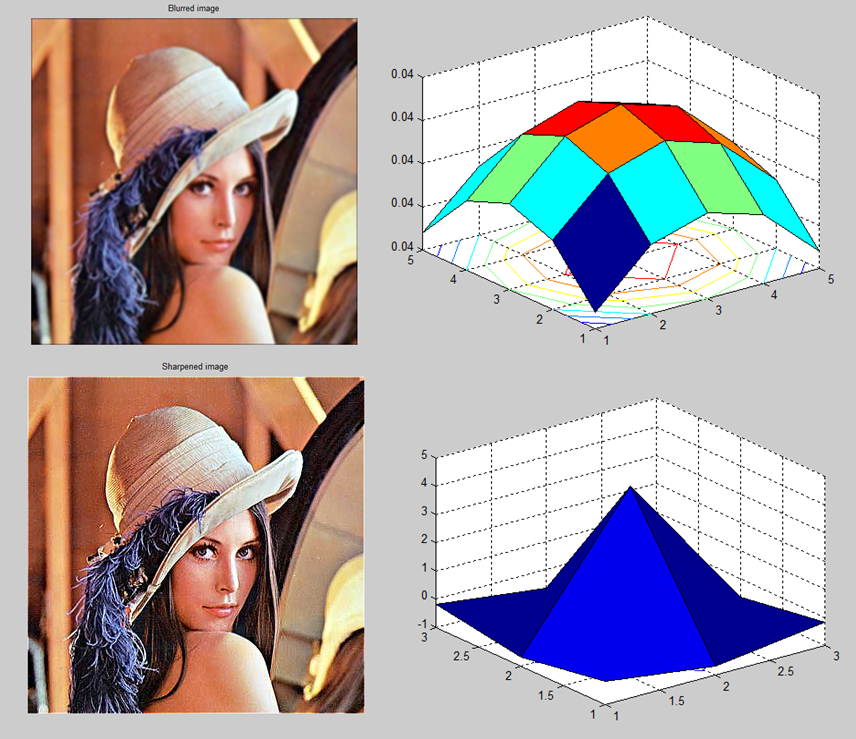| Line 1: | Line 1: | ||
| + | [[Category:ECE301Spring2013JVK]] [[Category:ECE]] [[Category:ECE301]] [[Category:signalandsystems]] [[Category:problem solving]] | ||
1.An impulse response, often denoted by h(t), is also called a transfer function or frequency response in frequency domain. It’s the output of In a LTI system when presented with a impulse signal input δ(t). In a LTI systems, impulse response is also equivalent to green’s function used in physics. | 1.An impulse response, often denoted by h(t), is also called a transfer function or frequency response in frequency domain. It’s the output of In a LTI system when presented with a impulse signal input δ(t). In a LTI systems, impulse response is also equivalent to green’s function used in physics. | ||
| Line 20: | Line 21: | ||
Source: Elementary differential eqution with boundary value problems by William E boyce. Ricahrd DeDrima | Source: Elementary differential eqution with boundary value problems by William E boyce. Ricahrd DeDrima | ||
| − | + | [[Category:Impulse Response]] | |
| Line 53: | Line 54: | ||
xlabel('t'), ylabel('y(t)');title(['N = ',int2str(N(i))]); | xlabel('t'), ylabel('y(t)');title(['N = ',int2str(N(i))]); | ||
end; | end; | ||
| − | + | [[Category:Fourier series]] | |
3. Spatial image filtering operations: | 3. Spatial image filtering operations: | ||
| Line 71: | Line 72: | ||
figure; imshow(imgSharp); title('Sharpened image') | figure; imshow(imgSharp); title('Sharpened image') | ||
figure; surfc(s) | figure; surfc(s) | ||
| + | [[Category:FFT]] | ||
Revision as of 23:35, 10 March 2013
1.An impulse response, often denoted by h(t), is also called a transfer function or frequency response in frequency domain. It’s the output of In a LTI system when presented with a impulse signal input δ(t). In a LTI systems, impulse response is also equivalent to green’s function used in physics.
General theory of nth order ODE:
An nth order linear differential equation is an equation of the form
Divide by Po(t) to get the following form
Has n initial conditions
A theorem states, if the functions p1, p2 …..,pn, and G are continuous on the open interval I, then there exists exactly one solution y = φ(t) of the differential equation (2) that also satisfies the initial conditions (3).
Source: Elementary differential eqution with boundary value problems by William E boyce. Ricahrd DeDrima
2. Illustration of Gibbs phenomenon:
The overshoot increases as the number of terms increases, but approachs a finite limit.
Code: t=linspace(-2,2,2000); y=[sawtooth(-((t+1)*pi))]; N=[25,50,150,500]; for i=1:4; an=[]; for m=1:N(i) an=[an,4*cos(m*pi/2)/(m*pi)]; end; fn=0; for m=1:N(i) fn=fn+an(m)*sin(m*pi/2*t); end; subplot(2,2,i) plot(t,y,'LineWidth',2); hold on; plot(t,fn,'m','LineWidth',2); hold off; axis([-2 2 -1.5 1.5]); grid; xlabel('t'), ylabel('y(t)');title(['N = ',int2str(N(i))]); end; 3. Spatial image filtering operations:
Code: clc clear all img = imread('Lena.jpg') f = fspecial('gaussian',[5 5],100); imgGaussian = imfilter(img,f); figure; imshow(img); title('Original'); figure; imshow(imgGaussian); title('Blurred image') figure; surfc(f) s = fspecial('unsharp'); imgSharp = imfilter(img, s); figure; imshow(imgSharp); title('Sharpened image') figure; surfc(s)



